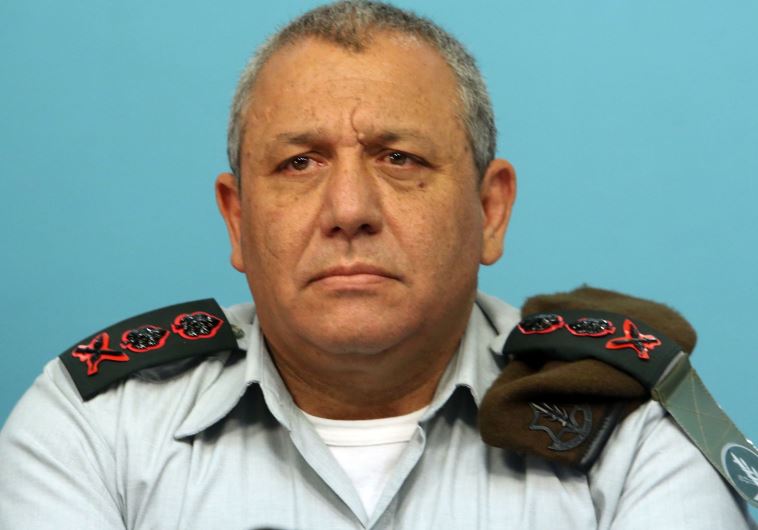Eisenkot’s advice
The speech Eisenkot gave Monday at the Institute for National Security Studies’ 9th annual international conference was a deviation from protocol.
 IDF chief of staff Lt.-Gen. Gadi Eisenkot (photo credit: MARC ISRAEL SELLEM/THE JERUSALEM POST)Updated:
IDF chief of staff Lt.-Gen. Gadi Eisenkot (photo credit: MARC ISRAEL SELLEM/THE JERUSALEM POST)Updated: